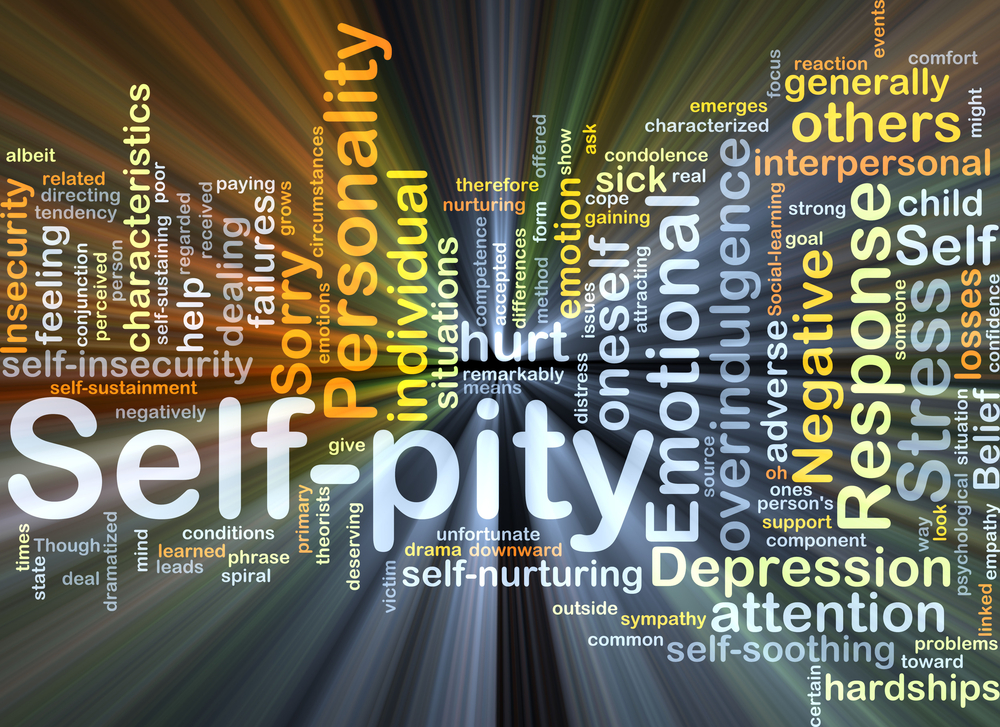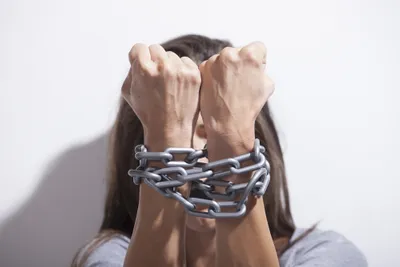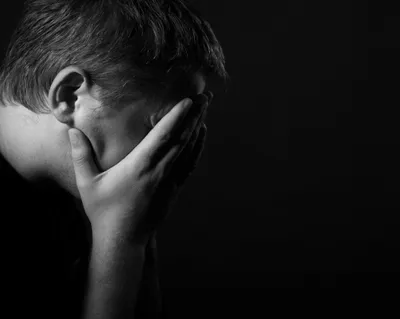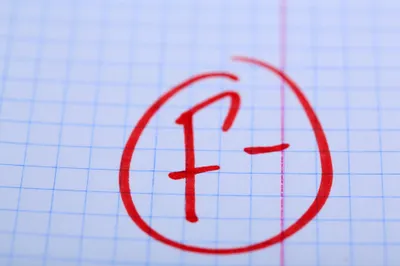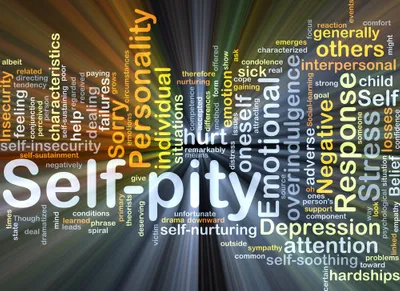Feeling sorry for yourself? Hard done by? You’re not alone. Everyone goes through periods in their life where things don’t go their way. Divorce, losing a job, being passed over for a promotion. The list is endless, it’s part of life. It’s difficult to feel positive and upbeat after experiencing disappointment and it’s easy to get stuck feeling sorry for yourself. This negative thinking trap is not a healthy place to dwell. If you stay here too long, it can adversely affect your life.
Let’s take a closer look at the dangers of self-pity…
1. Victim Mentality
Self-pity encourages you to take on a victim mentality. No matter what you do nothing goes right. You are victimized by people, circumstances or things. The problem is that you’ve given away your power to improve your circumstances.
Adopting a victim mentality makes you feel helpless, powerless and devalued. It’s a terrible and uncomfortable state of mind, which can lead to more serious health problems in the long run.
2. Depression
Self-pity can lead to a victim mentality, which can cause a person to feel down. If left untreated this can spiral into depression. People who are depressed often exhibit cognitive distortions, of which self-pity is one. They have difficulty seeing the good in their lives or blessings that they have.
Individuals who suffer from depression often paint everything with a negative brush. Major depressive disorder is caused by a chemical imbalance of the brain. Self-pity is a state of mind which can exacerbate depression and hinder recovery.
3. An Excuse to Give Up
Self-pity gives you an excuse to give up. After all if no matter what you do, nothing goes your way, what’s the use in trying? Adopting a victim mentality makes it easier to give up. It’s not your fault and you’re a victim of circumstance, so why bother?
Using self-pity as an excuse can mask other emotions such as fear or anxiety. Fear of failure, fear of success, fear of having to put forth an effort.
4. Staying Stuck
Along with a victim mentality, depression and providing an excuse to give up, self-pity keeps you stuck. It prevents you from moving forward and improving your lot in life. Staying stuck is easy. It may be what you’re used to. There is a certain level of psychological comfort in staying somewhere familiar even if it’s simply maintaining the status quo.
In order to live a meaningful and satisfying life you have to put yourself out there. Take a chance. Self-pity is like a parking brake, you need to take it off if you want to get anywhere.
5. Pushing Others Away
Self-pity pushes people away. They’re too busy living life and going after their own goals to be dragged down by somebody mired in self-pity. It’s an extremely unattractive emotion and tends to attract more negativity. Self-pity serves no useful purpose. It’s a maladaptive coping strategy that is easy to adopt after a disappointing life event.
People may initially commiserate with you but if you continue for too long wallowing in your own sorrows, you may find all your friends have disappeared.
6. Lower Self-Esteem
Self-pity makes you feel bad about yourself. It takes a difficult situation or event and makes it worse. It makes you feel helpless, powerless and useless. It encourages you to give up and stay stuck, further decreasing your sense of worth and damaging your self-esteem. This in turn can lead to depression and anxiety. Self-pity is harmful to your health.
Don’t let feeling blindsided by a negative event transform itself into self-pity. Instead let the circumstances be a catalyst to help you make positive changes and achieve fulfillment in your own life.
